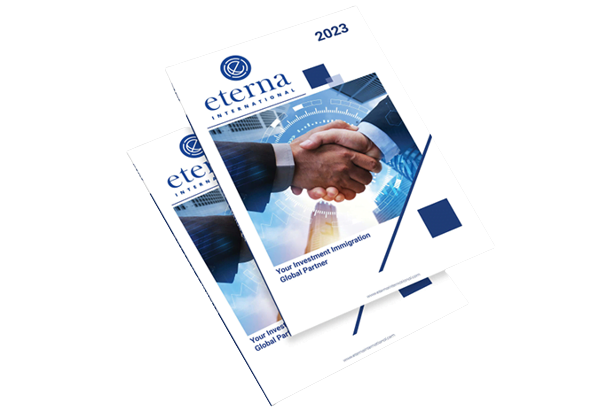Eterna International Recruitment Program
ETERNA EXPERTISE
WHAT WE DO
⦁ Eterna International is engaged in the provision of services related to economic mobility including international skilled workers, job opportunities in various industries and provinces and the facilitation of issuance of immigration documents.
OUR CANDIDATES
⦁ We provide solutions through international recruitment by offering international skilled workers to respond to Canada’s companies’ labour needs. With offices in over 10 markets, we have access to network of more than 1000 skilled workers.
SECTORS
⦁ We are working with companies in multiples sectors such as Manufacturing, Health, Tech, Energy, Hospitality, Transport and more. From finding the right candidates to managing the entire complex immigration process, we offer high-quality services to ensure that labor needs are met from start to end.
Key Benefits
Skill Shortages: International recruitment provides your business with the opportunity to access a wider talent pool, enabling you to discover candidates possessing the specialized skills and expertise required for your company’s success.
Risk Mitigation: Depending solely on the local talent pool can be risky, especially if the local market experiences labor shortages. International recruitment diversifies the talent sources, reducing dependence on a single market.
Talent Acquisition Costs: Investment in International recruitment can lead to long-term cost savings. Hiring local talent might involve high recruitment and training costs, but international candidates with specialized skills can bring immediate value, potentially reducing turnover and associated costs.
CANADA Fact Sheets

Capital: Ottawa
Major cities: Toronto, Montreal, Vancouver
Population: 38.25 million (2021)
GDP: $1.991 trillion (2021)
Average Income: $40,630
OUR SERVICE
Assessing Hiring
Needs
1 week
Work Plan Presentation
2-3 weeks
Selection of
Candidates
1-3 months
Immigration
Process
2 to 6 months
Candidate’s Arrival in Your company

FREQUENTLY ASKED QUESTIONS
Obtaining a Labour Market Impact Assessment (LMIA) in Canada is a crucial step for employers who wish to hire foreign workers. The LMIA process involves several steps, and it's essential to follow them carefully to secure authorization to hire a foreign worker. Here's an overview of the process:
Employer Preparation:
⦁ The employer must determine if they need an LMIA to hire a foreign worker for a specific job position. Not all jobs require an LMIA, as some may be exempt based on international agreements or other factors.
Recruitment Efforts:
⦁ Employers are typically required to make significant efforts, for at least 4 weeks, to recruit Canadian citizens or permanent residents for the job before applying for an LMIA. These efforts may include advertising the position, interviewing Canadian applicants, and documenting the results.
Job Advertisement:
⦁ If advertising is required, the employer must advertise the job according to the guidelines provided by Employment and Social Development Canada (ESDC) and the specific program requirements.
⦁ The job advertisement should include details such as the job description, qualifications, wage rate, location, and contact information.
LMIA Application Submission:
⦁ The employer submits the LMIA application, along with all required supporting documents, to ESDC. The application includes forms, job advertisements, recruitment efforts, and a detailed job offer.
Processing Time:
⦁ ESDC or Service Canada will review the LMIA application, and processing times can vary depending on the location, the type of job, and other factors.
⦁ Some LMIA applications may be processed under expedited streams, such as the Global Talent Stream, which can significantly reduce processing times for certain high-demand occupations.
⦁ Most LMIAs are processed within 2 to 8 weeks.
Assessment and Decision:
⦁ ESDC assesses the LMIA application to determine if hiring a foreign worker is justified. They consider factors like the availability of Canadian workers and the potential impact on the Canadian labor market.
⦁ If the application is approved, a positive LMIA is issued, allowing the employer to proceed with hiring a foreign worker
Job Offer to Foreign Worker:
⦁ Once the positive LMIA is obtained, the employer provides a copy of the LMIA and a formal job offer to the selected foreign worker.
Work Permit Application by the Foreign Worker:
⦁ The foreign worker applies for a work permit from Immigration, Refugees, and Citizenship Canada (IRCC) using the positive LMIA and job offer as supporting documents.
Work Permit Issuance:
⦁ If the work permit application is approved, the foreign worker is granted a work permit, allowing them to work in Canada for the specified employer and job.
It's important to note that the LMIA process can be complex, and requirements may change over time. At Eterna we can support you with the LMIA process.
A Labour Market Impact Assessment (LMIA) is issued for a specific job classification code with a particular employer for a specified number of positions to fill.
Furthermore, job positions paid under the provincial average hourly rate may be capped between 20 to 30% of your workforce. While jobs paid over the provincial average hourly rate are not capped.
LMIA is a document that employers in Canada may need to obtain to demonstrate that there is a genuine need for a foreign worker to fill a specific job vacancy because no Canadian citizens or permanent residents are available to do the job.
Keep in mind that there are certain LMIA exemptions and streamlined processes for certain categories, such as the Global Talent Stream, which can expedite and simplify the hiring process for certain high-skilled workers, and certain international trade agreements like NAFTA (now CUSMA), which may facilitate the hiring of workers from specific countries for specific roles.
The processing time for work permits for foreign employees in Canada can vary widely depending on several factors, including the type of work permit, the applicant's country of residence, the volume of applications being processed, and the specific processing center or visa office involved. As a result, there is no fixed or universal processing time. However, here are some general guidelines:
Standard Processing Times:
⦁ In normal circumstances, processing times for work permits can range from 2 to 6 months.
⦁ Simple and straightforward work permit applications may be processed more quickly, while complex cases may take longer.
Expedited Processing Streams:
⦁ Some work permit applications may qualify for expedited processing through specific streams or programs. For example, the Global Talent Stream and certain LMIA-exempt categories often have shorter processing times.
⦁ Express Entry-linked work permit applications may also benefit from faster processing times.
Location of Application:
⦁ The location of the application submission can influence processing times. Some visa offices or processing centers may handle applications more efficiently than others.
⦁ In some exceptional cases, workers can apply directly at the border.
Country of Residence:
⦁ The country where the applicant resides can impact processing times. High-volume visa offices or those with a history of delays may result in longer processing times.
Application Completeness:
⦁ Ensuring that the application is complete and includes all required documents and information can help expedite the processing time. Incomplete applications may be delayed.
Biometrics and Medical Examinations:
⦁ Depending on the applicant's nationality and the specific requirements, biometrics (fingerprints and photo) and medical examinations may be necessary, which can add to processing times.
Yes, in many cases, an employee's family members can accompany them to Canada when they come to work on a valid work permit or other immigration status. Canada recognizes the importance of family reunification and allows accompanying family members, such as spouses, common-law partners, and dependent children, to join the primary worker in Canada. Here are some key points to consider:
Spouses and Common-Law Partners:
⦁ The spouse or common-law partner of the primary worker can apply for an open work permit, which allows them to work for any Canadian employer.
⦁ To be eligible for an open work permit, the spouse or common-law partner must demonstrate that the primary worker holds a valid work permit or has applied for one.
Dependent Children:
⦁ Dependent children of the primary worker can typically be included in the primary worker's application or apply for study permits if they plan to attend school in Canada.
⦁ In some cases, dependent children may also be eligible for open work permits, depending on their age and circumstances.
Eligibility and Documentation:
⦁ Family members accompanying the primary worker must meet eligibility criteria and provide necessary documentation, including proof of the relationship (e.g., marriage certificate, common-law partnership proof) and medical examinations if required.
Processing Times:
⦁ The processing times for family members' applications may vary based on the type of permit or visa being applied for and the country or region from which the application is submitted.
⦁ It's advisable to submit family members' applications at the same time as the primary worker's application, if possible, to facilitate family reunification.
Temporary vs. Permanent Residency:
⦁ Family members who accompany the primary worker on a work permit are typically considered temporary residents of Canada.
⦁ If the primary worker eventually becomes a permanent resident of Canada, they can often include their accompanying family members in their application for permanent residency.
Maintaining Status:
⦁ Family members who accompany the primary worker must maintain their immigration status while in Canada, whether it's a work permit, study permit, or another authorized status.
⦁ Compliance with Canadian immigration regulations is essential to avoid issues and ensure ongoing legal residence.
It's crucial for both the primary worker and their family members to familiarize themselves with the specific requirements and processes related to family reunification in Canada, as they can vary based on the worker's specific immigration program and the family members' eligibility. Seeking advice from an immigration lawyer or consultant can also be helpful to navigate this process effectively.

